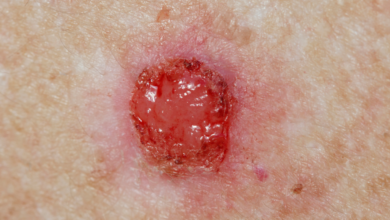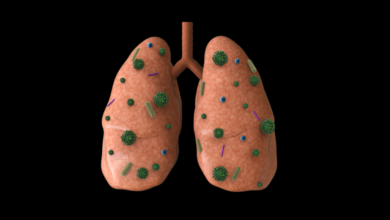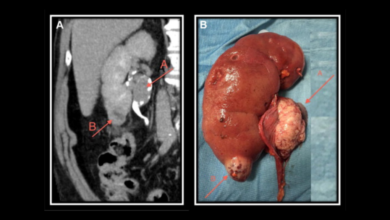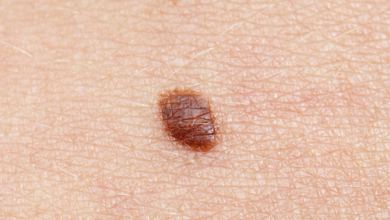Cervical Cancer: A Preventable Disease
Preventing Cervical Cancer: Your Guide to Protection

What is Cervical Cancer?
Cervical cancer is a type of cancer that affects the cervix, the lower part of the uterus that connects to the vagina.
Types of Cervical Cancer
The most common type of cervical cancer is squamous cell carcinoma, which develops in the squamous cells that line the cervix.
Symptoms of Cervical Cancer
In early stages, cervical cancer often doesn’t cause any symptoms. However, as the cancer progresses, symptoms may include:
• Abnormal vaginal bleeding, including bleeding between periods, after sex, or after menopause
• Watery, bloody vaginal discharge
• Pelvic pain or pressure
Causes of Cervical Cancer
The primary cause of cervical cancer is infection with high-risk types of human papillomavirus (HPV). HPV is a sexually transmitted infection.
Who Can Suffer from Cervical Cancer?
Cervical cancer primarily affects women, especially those who are sexually active. However, men can also be infected with HPV, which can lead to other health problems.
Diagnostic Tests for Cervical Cancer
Several tests are used to screen for and diagnose cervical cancer:
• Pap test: This test involves collecting cells from the cervix to check for abnormalities.
• Human Papillomavirus (HPV) test: This test checks for the presence of high-risk HPV types, which can lead to cervical cancer.
• Colposcopy: A procedure using a magnifying instrument to examine the cervix.
• Biopsy: A small tissue sample is removed from the cervix and examined under a microscope.
Stages of Cervical Cancer
The staging of cervical cancer helps determine the extent of the disease and guides treatment decisions. The most common staging system is the TNM system, which considers the size of the tumor (T), the spread to nearby lymph nodes (N), and the presence of distant metastases (M).
Treatment of Cervical Cancer
The treatment for cervical cancer depends on the stage and type of cancer, as well as the patient’s overall health. Common treatment options include:
• Surgery: To remove the cancerous cells from the cervix.
• Radiation therapy: To kill cancer cells with high-energy rays.
• Chemotherapy: To kill cancer cells throughout the body.
• Immunotherapy: To stimulate the body’s immune system to fight cancer cells.
While a healthy diet can contribute to overall health, there’s no specific diet that can directly prevent cervical cancer. However, maintaining a balanced diet can support your immune system, which plays a crucial role in fighting off infections, including HPV, a major risk factor for cervical cancer.
Here are some general dietary tips for overall health:
• Balanced Diet: Consume a variety of fruits, vegetables, whole grains, lean proteins, and healthy fats.
• Hydration: Drink plenty of water to stay hydrated.
• Limit Processed Foods: Reduce intake of processed meats, sugary drinks, and excessive amounts of red meat.
Overall Survival Rate of Cervical Cancer
The overall survival rate for cervical cancer depends on several factors, including the stage of the cancer, the type of treatment received, and the individual’s overall health. Early detection and timely treatment significantly improve the prognosis.
Doctor to Consult
A gynecologist is the best doctor to consult for cervical cancer screening and treatment.
Diseases Associated with Cervical Cancer
Cervical cancer is primarily associated with human papillomavirus (HPV) infection. HPV is a sexually transmitted infection that can lead to various types of cancer, including anal, oropharyngeal, and certain head and neck cancers.
How to Prevent Cervical Cancer
To prevent cervical cancer, consider the following:
• Regular Cervical Cancer Screenings: Regular Pap smears and HPV tests can help detect precancerous cells and early-stage cancer.
• HPV Vaccination: Getting vaccinated against HPV can significantly reduce the risk of cervical cancer.
• Safe Sex Practices: Using condoms can help prevent HPV infection.
• Healthy Lifestyle: Maintaining a healthy lifestyle, including a balanced diet, regular exercise, and avoiding smoking, can boost your immune system.





